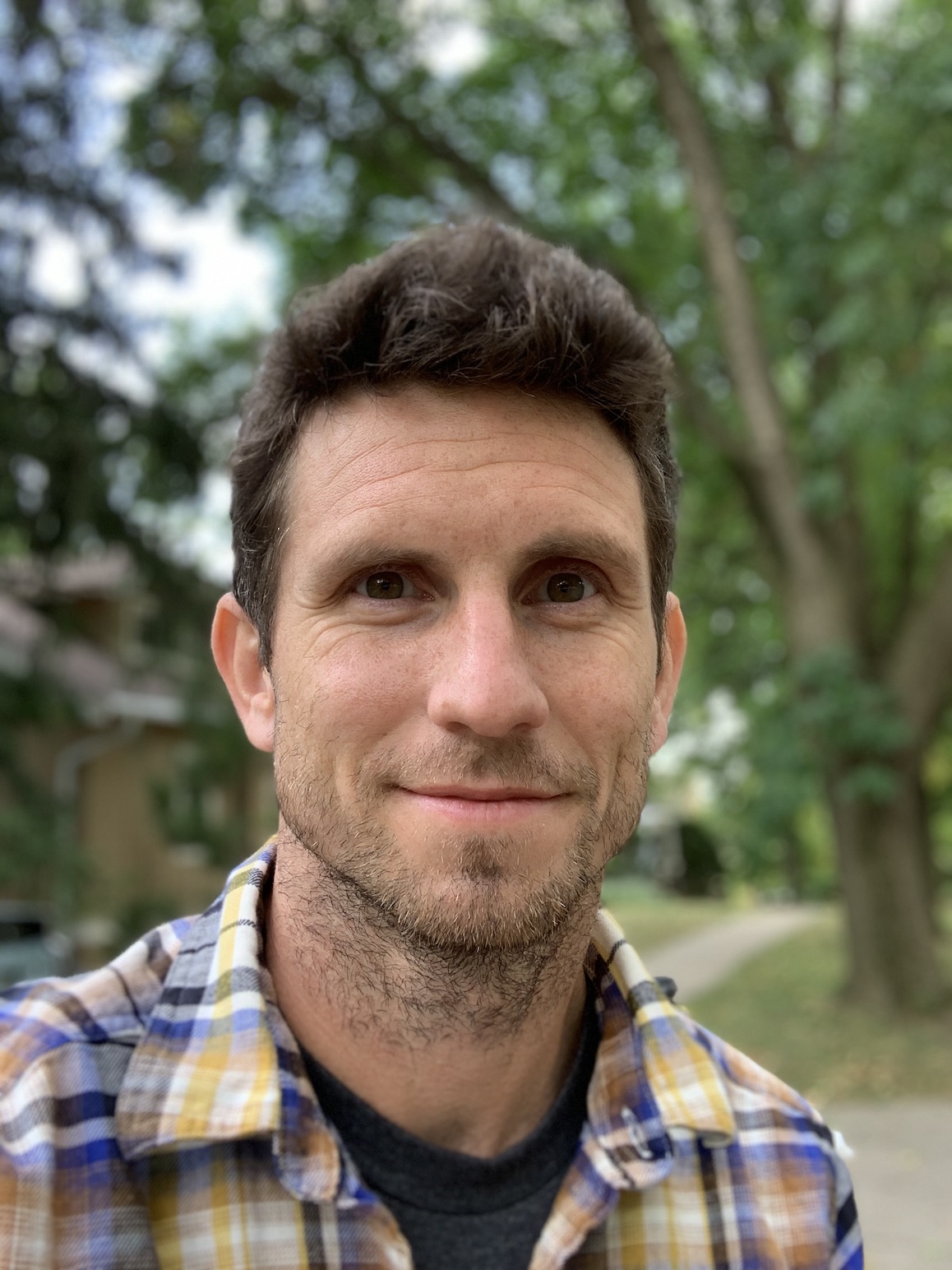Incentivizing Self-Protection From Wildfires

Patrick uses economic theory and big data to unearth new insights on climate change, wildfire, and air pollution. His seminar will focus on how policy interventions can encourage homeowners to reduce their risk of wildfire damage.
—Tamma Carleton, Assistant Professor, Bren School
Watch a recording of this talk here
ABSTRACT
We report on a pilot program to incentivize residents in a high wildfire risk area in Southern Oregon to reduce their exposure to future fires. In partnership with Jackson County Fire District 3, we compare the effectiveness of several randomized interventions designed to encourage homeowners to contact the district to improve their wildfire preparedness. While information-only outreach had little effect on the rate at which homeowners contacted the fire district, financial incentives led to significant increases in the response rate. Surprisingly, doubling the financial incentive (from $250 to $500) did not lead to an increase in contact rates. Residents of higher value homes and in wealthier areas were more likely to contact the district, but wildfire risk did not predict differential contact rates. These findings help inform the development of a scaled-up program to be rolled out before the upcoming fire season.
BIO
Patrick is an assistant professor and environmental economist at the University of British Columbia (UBC) and is visiting UCSB until May 2024. He studies how people respond to environmental threats like climate change, air pollution, and wildfires, and how public policies might help them respond better.